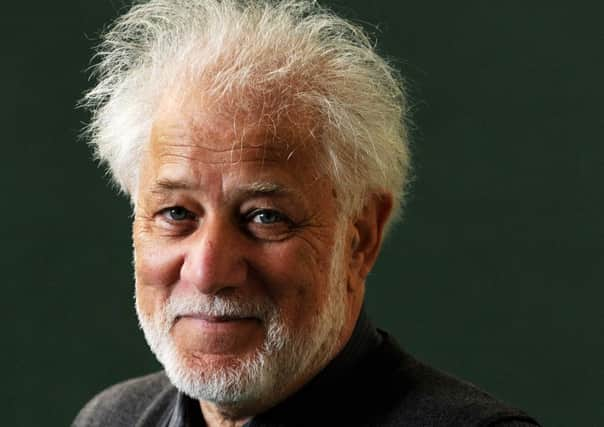2018: The Year in Books


The same may be said of three very good Scottish novels, all by strange coincidence set mostly on islands; Donald S Murray’s As the Women Lay Dreaming; The Sealwoman’s Gift by Sally Magnusson; and The Valley at the Centre of the World by Malachy Tallack. All were also first novels, though of course Murray and Magnusson are already well-established writers. Indeed, Murray also published a non-fiction book this year: The Dark Stuff, a fascinating meditation with stories of peatlands and moors in Scotland and northern Europe.
It would be almost unnecessary to draw attention to Ian Rankin’s latest Rebus novel were it not that In the House of Lies is at least as good as any of the previous 20 or so; a piece of very satisfying craftsmanship.
Advertisement
Hide AdThe Western Wind by Samantha Harvey was an unusual and intelligent historical mystery set in 15th century England , while Jonathan Coe’s Middle England, comic, sad and at times angry, is a better Brexit novel than one was entitled to expect at this stage in the process. Girl, Balancing & Other Stories by Helen Dunmore was a posthumous collection of stories assembled and edited by her son, a reminder of what we have lost by her premature death, and the books this fine novelist might have written.
I read three notable and richly enjoyable biographies. Diarmaid MacCulloch’s Thomas Cromwell: A Life is a work of wonderfully detailed scholarship which contrives to present both the private and political man. The respect, even affection, he has come to feel for Cromwell hasn’t prevented him from showing just how brutal and terrifying England was in the reign of the monstrous Henry VIII. I am Dynamite! by Sue Prideaux is an extraordinary and sympathetic life of Friedrich Nietzsche, which also shows how his work and thought have no often been grossly misunderstood, in part, even chiefly, because of the distorting editing practised after his death by his racist and proto-Nazi sister. James Buchan’s life of John Law, the Scots gambler, financier and innovative economist who for a few months in the early 18th century took over the finances of the French Crown and became on paper the richest man in the country, tells an utterly fascinating story, even if you have to be an alert reader not to be overwhelmed or crushed by the detail Buchan has assembled and deploys.
Two other historical works are to be recommended. Antonia Fraser’s The King and The Catholics not only gives a clear account of the struggle for Catholic emancipation, but is a model of how history should be written for the common reader. Scotland Her Story, edited by Rosemary Goring, is a fascinating anthology of women’s writing over the centuries presenting an unusual slant on our nation’s history and culture. It stands in interesting contrast to Great Scottish Lives: Obituaries of Scotland’s Finest, edited by Magnus Linklater; not many women there, though I have no doubt he searched in vain for more.
It is difficult to know how to characterise The Murderer and the Minister by Stuart Kelly. In part it’s the story of how the Kirk dealt with the application of a convicted murderer to be ordained a minister in the Church of Scotland, in part a theological examination of questions of guilt, repentance and forgiveness, in part a memoir of Kelly’s own struggles with belief.
Finally, two enjoyable sports books: Arlott, Swanton and The Soul of English Cricket by Stephen Fay and David Kynaston blends biography, anecdotes and social history with uncommon skill. Rugby: Talking a Good Game, by Ian Robertson, is sub-titled “47 years of fun with the BBC,” and is as richly entertaining as anyone who has heard the author in his role as an after-dinner speaker would expect. - Allan Massie